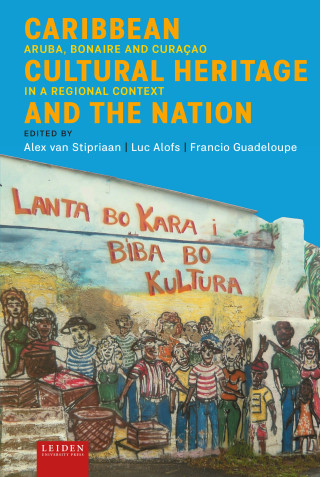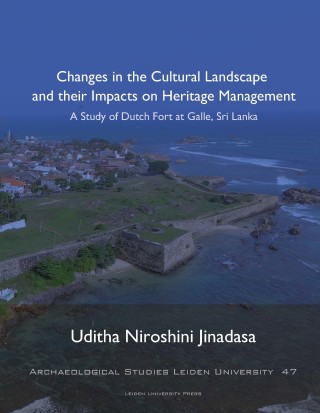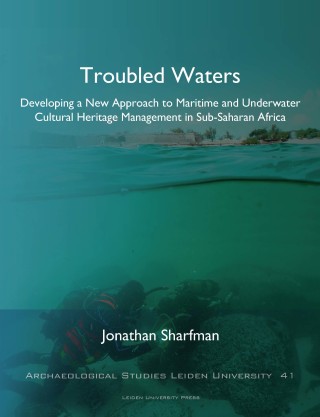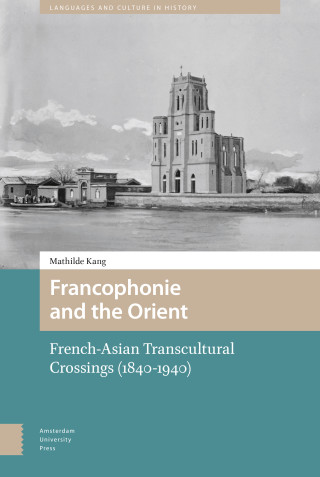Acknowledgements
Introduction - Alex van Stipriaan, Luc Alofs, and Francio Guadeloupe
Chapter 1. Nation-Building and Nation-Branding in the Caribbean : Comparative Reflections on National Imaginaries and Their Consequences - Michiel Baud and Rosemarijn Hoefte
Chapter 2. Tourism Development and Nation-Building: The Case of Aruba - Jorge Ridderstaat
Chapter 3. Slavery and Debates about National Identity and Nation-Branding - Rose Mary Allen, Gert Oostindie, and Valika Smeulders
Chapter 4. Representations and Reparations of Slavery in the Caribbean - Alex van Stipriaan
Chapter 5. Aruban Archaeological Heritage : Nation-Building and Nation-Branding in a Caribbean Context 1 - Tibisay Sankatsing Nava, Raymundo Dijkhoff, Ashleigh John Morris, Joseph Sony Jean, Jorge Ulloa Hung, Pancho Geerman, and Corinne L. Hofman
Chapter 6. Four Islands: Contemporary Art in Suriname, Aruba, Bonaire, and Curaçao - Rob Perrée and Alex van Stipriaan
Chapter 7. Papiamento: An Official Caribbean Creole Language from Legal Repression to Full Recognition - Joyce Pereira and Luc Alofs
Chapter 8. Aruban, Bonairean, and Curaçaoan Writers between the Caribbean and the Netherlands - Sara Florian
Chapter 9. Radical Imagining in Dutch Caribbean Music - Charissa Granger
Chapter 10. Sport Heritage, Nation-Building and Nation-Branding in the Anglophone and Dutch Caribbean - Roy McCree
Chapter 11. Exploring the Nation through the Lens of Baseball : A Popular Culture Perspective on National Belonging in the Dutch Caribbean - Francio Guadeloupe
Chapter 12. Facing the Ecological Crisis in the Caribbean - Stacey Mac Donald and Malcom Ferdinand
Chapter 13. Digital Humanities, Social Justice and the Pluricultural Realities of Dutch Caribbean Heritage Archives - Margo Groenewoud
Chapter 14. Caribbean Diasporas, Metropolitan Policies, and Cultural Heritage - Francio Guadeloupe and Gert Oostindie
Epilogue - Alissandra Cummins
Notes
Bibliography
Illustration Credits
The Authors
Index





